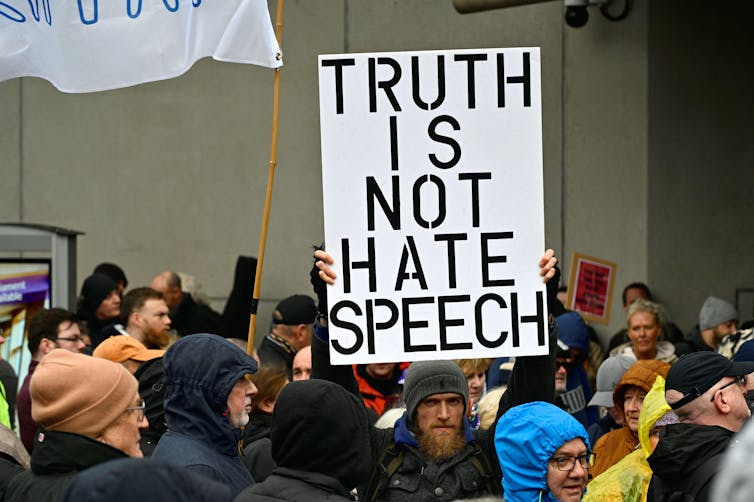Stalking Laws in Minnesota
4 min read
Stalking is a term that is often thrown around too easily. It is used generally to describe harassing conduct and even innocent attempts to contact a former acquaintance or associate. The term has fueled a hysteria where even innocent contacts or attempted contacts are lumped it with serious criminal offenses.
Under Minnesota law, stalking is broadly defined. In Minnesota, Statute Sec. 609.749 makes certain harassing activity a criminal offense. Under the law, harassment means engaging in intentional conduct which:
- the actor knows or has reason to know would cause the victim under the circumstances to feel frightened, threatened, oppressed, persecuted, or intimidated; and
- causes this reaction on the part of the victim.
Where the law is particularly burdensome is that it requires No proof of specific intent. That means in a prosecution for harassment or stalking under the law under the law, the state is not required to prove that a person accused intended to cause the victim to feel frightened, threatened, oppressed, persecuted, or intimidated, or, that the person intended to cause any other result. Even more compelling, all too often, complaints filed by alleged victims who have psychological issues or who are overly sensitive. Those complaints may turn otherwise insignificant actions or statements into criminal charges. There was a rather public case where a Santa Fe woman, Colleen Nestler, accused television personality David Letterman of harassing her by communicating with her through coded messages on his show. Ms. Nestler claimed in her petition for a restraining order that Letterman had caused her bankruptcy, mental cruelty and sleep deprivation since May 1994. Although the complaint never turned into criminal charges, unbelievably, a judge signed a civil restraining order based on the allegations.
It is important to note that in Minnesotea, harassment is a gross misdemeanor punishable by up to a year in jail and a $1000 fine. Conduct that is considered harassment may include many activities including placing spyware on another person’s computer or internet stalking. Specific conduct may include:
- directly or indirectly manifest a purpose or intent to injure the person, property, or rights of another by the commission of an unlawful act;
- include stalking, following, monitoring, or pursuing another, whether in person or through technological or other means;
- returning to the property of another if the person is without claim of right to the property or consent of one with authority to consent;
- repeatedly makes telephone calls, or induces a victim to make telephone calls to the person, whether or not conversation ensues;
- making or causing a telephone of another repeatedly or continuously to ring;
- repeatedly mailing or delivering or causing the delivery by any means, including electronically, of letters, telegrams, messages, packages, or other objects; or
- knowingly making false allegations against a peace officer concerning the officer’s performance of official duties with intent to influence or tamper with the officer’s performance of official duties.
The crime may become a felony punishable by up to five years or to payment of a fine of not more than $10,000 if the act is motivated by the victim’s or another’s actual or perceived race, color, religion, sex, sexual orientation, disability, age, or national origin; or if the person commits the offense by falsely impersonating someone else. It is also a felony if the person commits the offense and possesses a dangerous weapon at the time of the offense or harasses another with intent to influence or otherwise tamper with a juror or a judicial proceeding or with intent to retaliate against a judicial officer, a prosecutor, defense attorney, or officer of the court, because of that person’s performance of official duties in connection with a judicial proceeding; or commits an offense against a victim under the age of 18, if the actor is more than 36 months older than the victim.
When a person is convicted of a felony offense, the court will order an independent professional mental health assessment of the offender’s need for mental health treatment.
One of the consequences of a conviction is that the the court may, in some cases, order that the person is prohibited from possessing any type of firearm for any period longer than three years or for the remainder of the person’s life.
Obviously, the stakes are very high. As a result, it is important to contest such allegations vigorously. Often that means interviewing witnesses who know the alleged victim and seeking statements or behaviors of the victim that are inconsistent with the allegations that the person was placed in fear or felt threatened.






